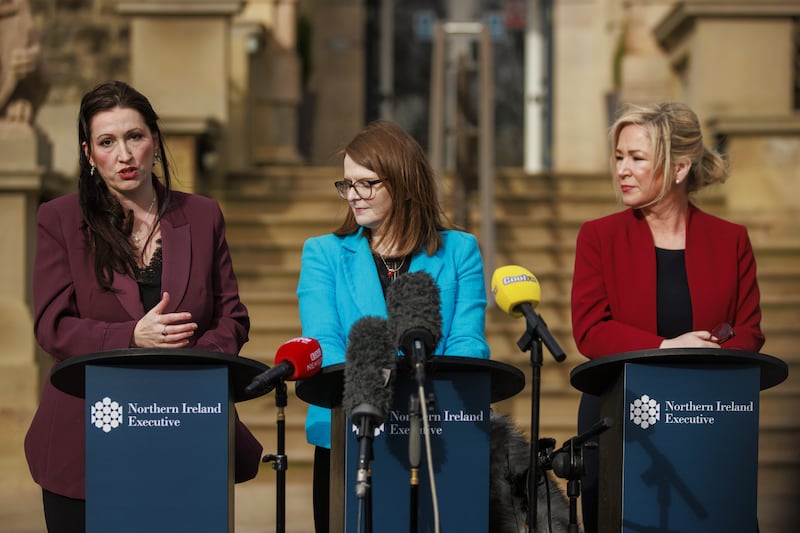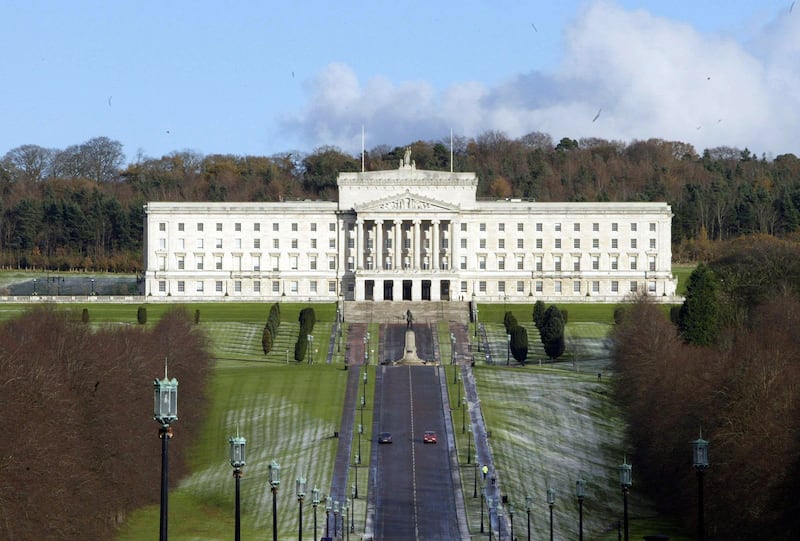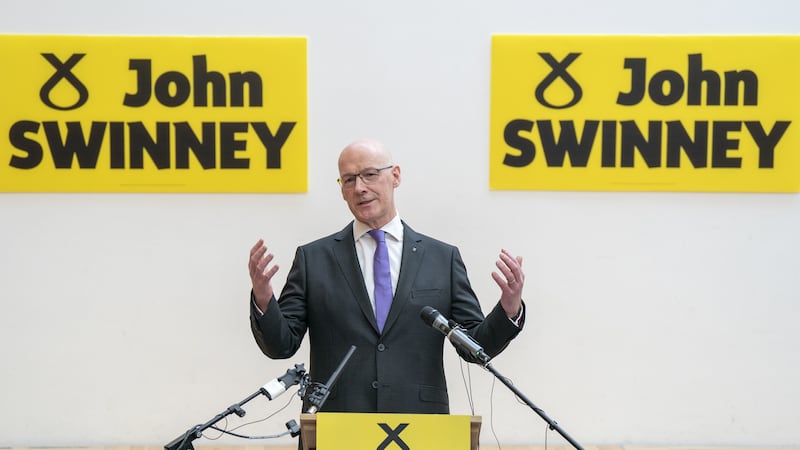Devolution has been back for just over 80 days now and the Assembly has been debating motions ranging from childcare to holiday hunger. The Executive has also moved on issues such as pay deals in some sectors, and work has begun on the budget alongside a programme for government.
But before we get to the publication of these plans, it would be helpful to take a moment and pause before this iteration of devolution makes the same mistake as previous ones.
Executives in the past have struggled with properly ordering policy issues that will be dealt with over the course of a mandate. Instead, nothing is focused on, and therefore, everything becomes a priority.
That means budgets have no core aim other than simply giving departments money, no signature policies are funded properly, and we end up with an unhappy muddle.
No government has a bottomless pit of money to throw at problems, even one with borrowing powers. They all must prioritise and make hard decisions to focus on some policies at the expense of others. This financial pressure is even more acute in a devolved administration like Stormont.

This was true of the Blair government in 2000 when it decided to dramatically increase spending on the NHS, bringing it up to the European average. Gordon Brown had to find billions of pounds in numerous budgets to meet this commitment, something that required difficult decisions. But this pledge showed that for the Labour government, improving the health service was a key priority and it was prepared to put its money where its mouth was.
The truth also applies to the current Executive. It has a fixed budget with a raft of different pressures and demands on it. Yet the O’Neill-Pengelly Executive will have to decide what two or three anchor policies it will fund between now and 2027.
A brief scan through the motions passed by the Assembly reveals one thing: politicians are happy to propose how we should spend money, but not how we raise it or take it from somewhere else.
We heard last week that the demand for spending is already well higher than what is available.

This Executive should focus on doing a few things well instead of lots of things poorly. The latter frustrates people as they see services not working properly, which, in turn, makes them disillusioned with the entire notion of devolution.
Focusing on doing a few issues well is going to mean that all of the four Executive parties are going to have to be honest with themselves and the public that some other issues are going to have to take a back seat.
This will cause problems at various times, but at a stage where we are getting segments on our local radio trying to figure out why so many parts of our public services are not working, we cannot afford to go on this path to nowhere.

We need this Executive to perform well. If the past few years have shown anything, it is that either we solve our own problems or nobody does.
The Executive needs to understand that confidence breeds confidence. Delivering on a few issues competently and effectively will create confidence amongst the public that other issues can be addressed in the future and that there is a reason for having a locally elected administration.
The O’Neill-Pengelly Executive will have to decide what two or three anchor policies it will fund between now and 2027
The demand for spending will not go away, even if there is a change of government later this year. The Executive will still face tough choices in the short and medium term. That means they must focus on what they can deliver and not pretend everything is a priority.
Since February, most of the motions passed in the assembly will not make it out of the starting blocks. This is not because our politicians do not care, but because there is a limited fiscal envelope.
We need an honest conversation about this and then develop a government programme that can realistically deliver on the core priorities that the four parties have agreed upon.

